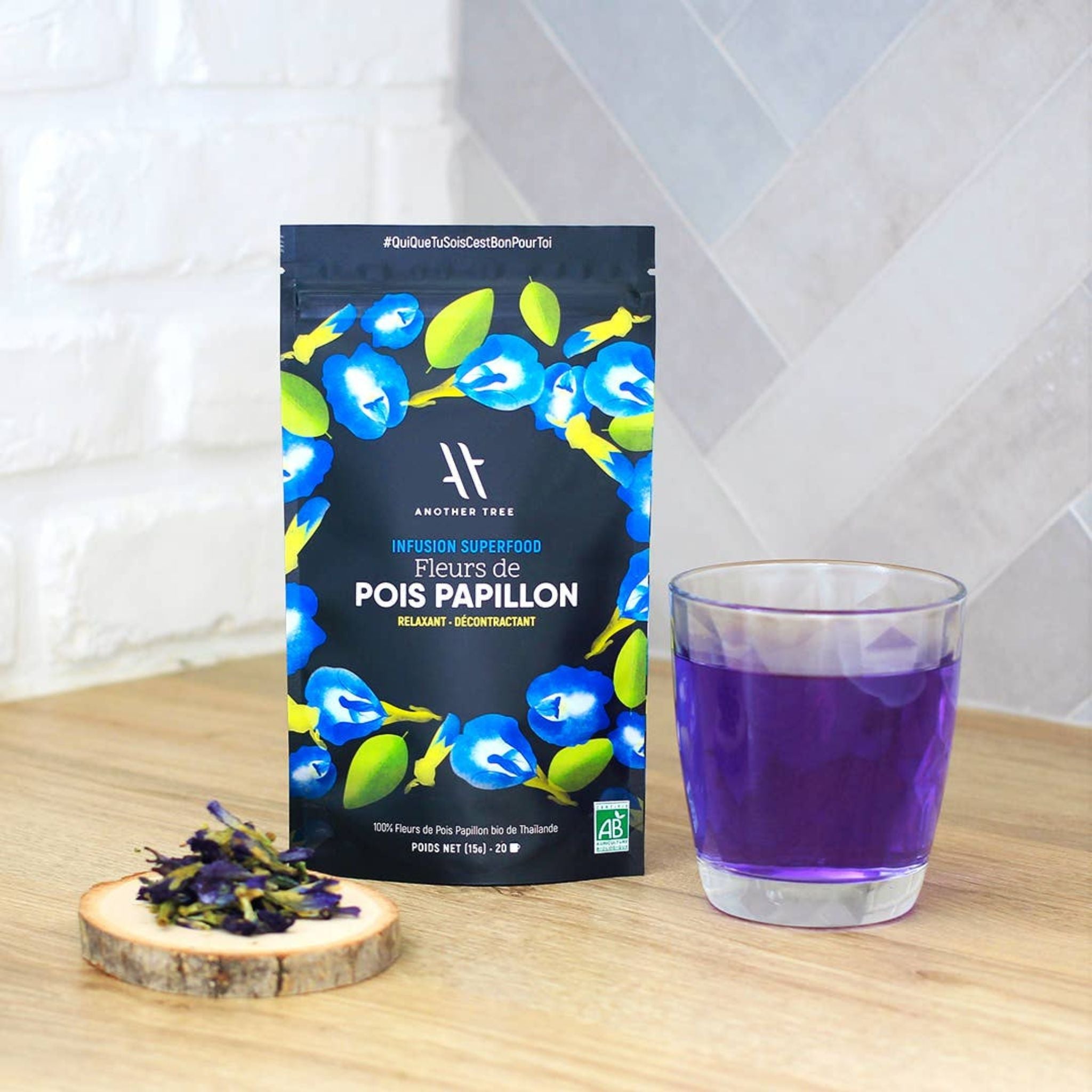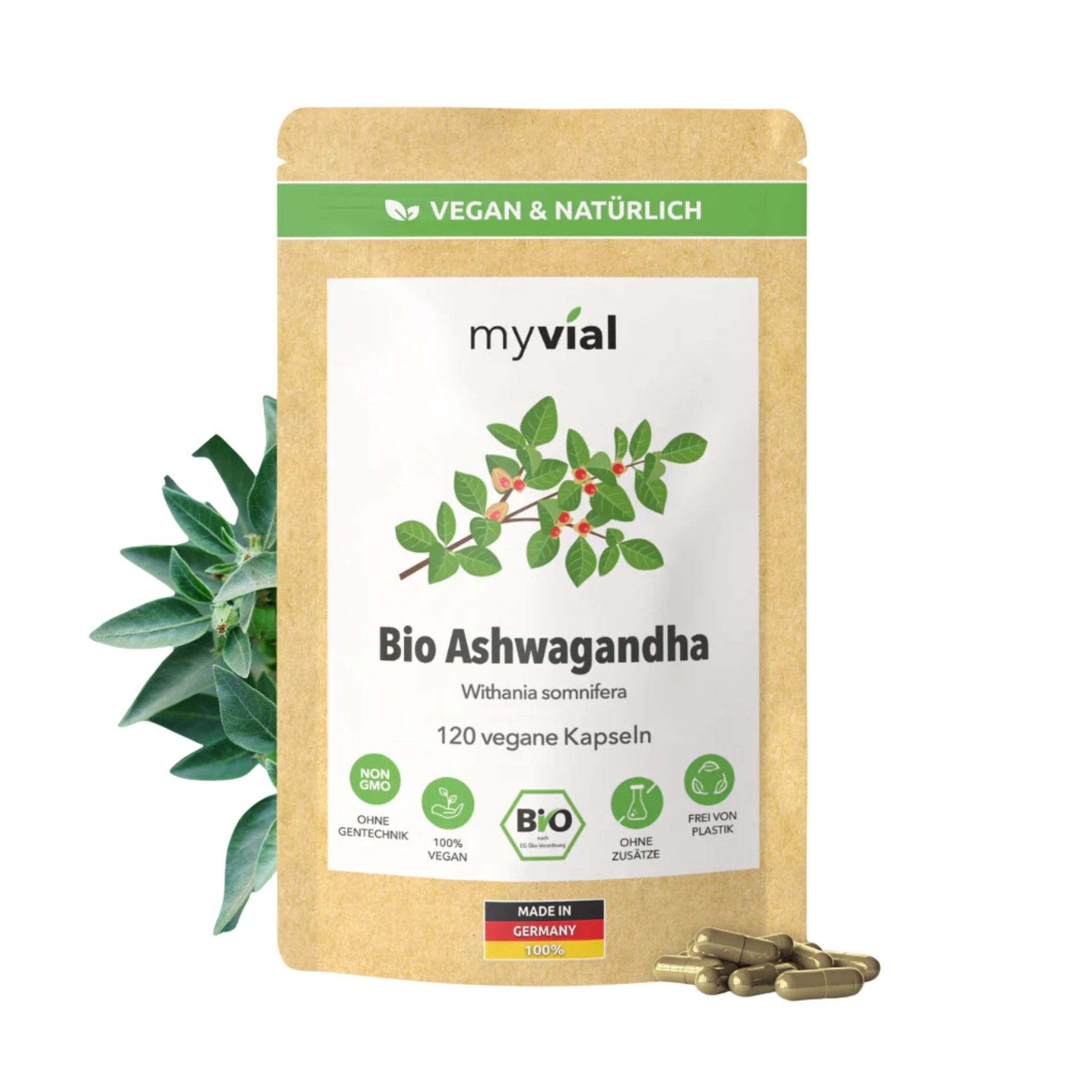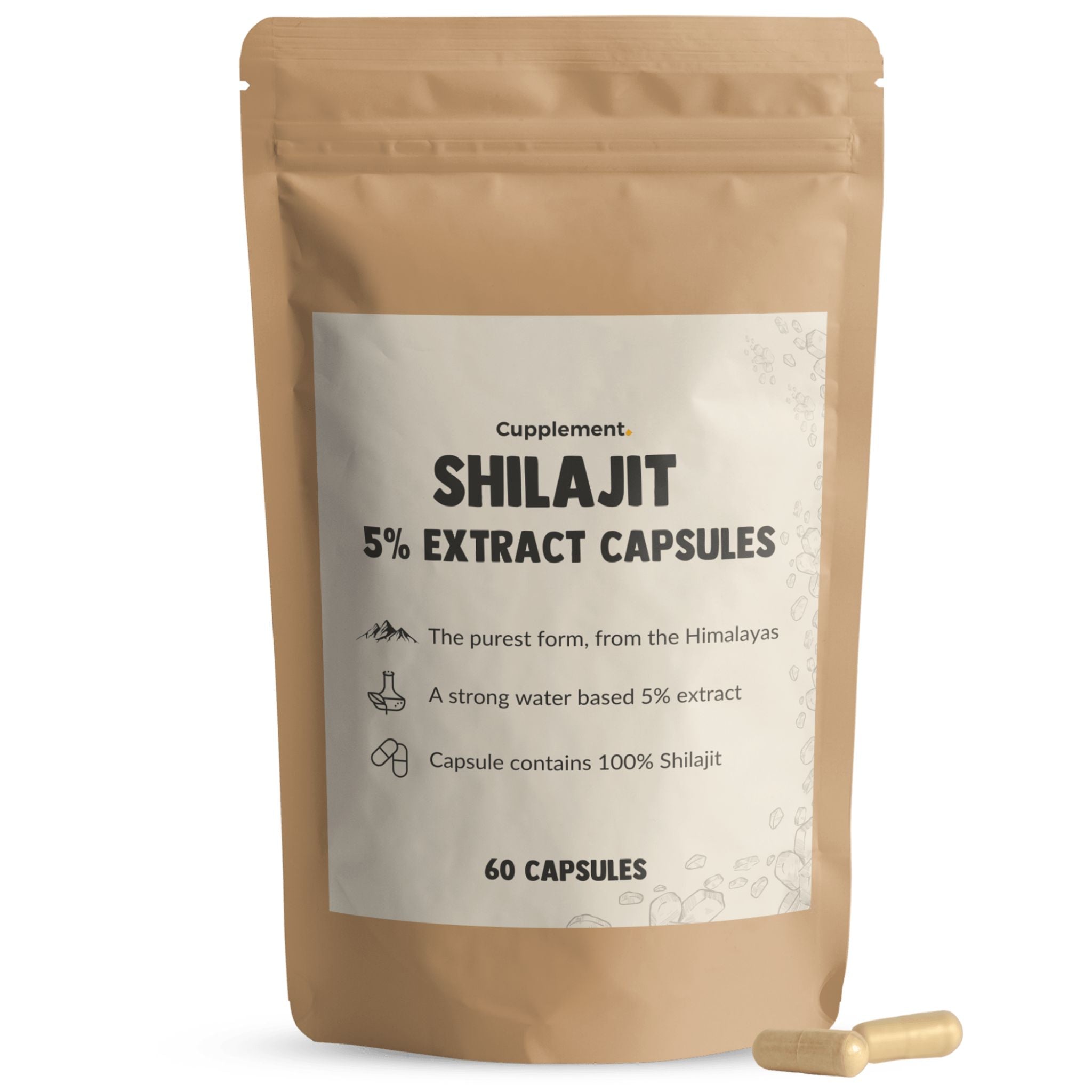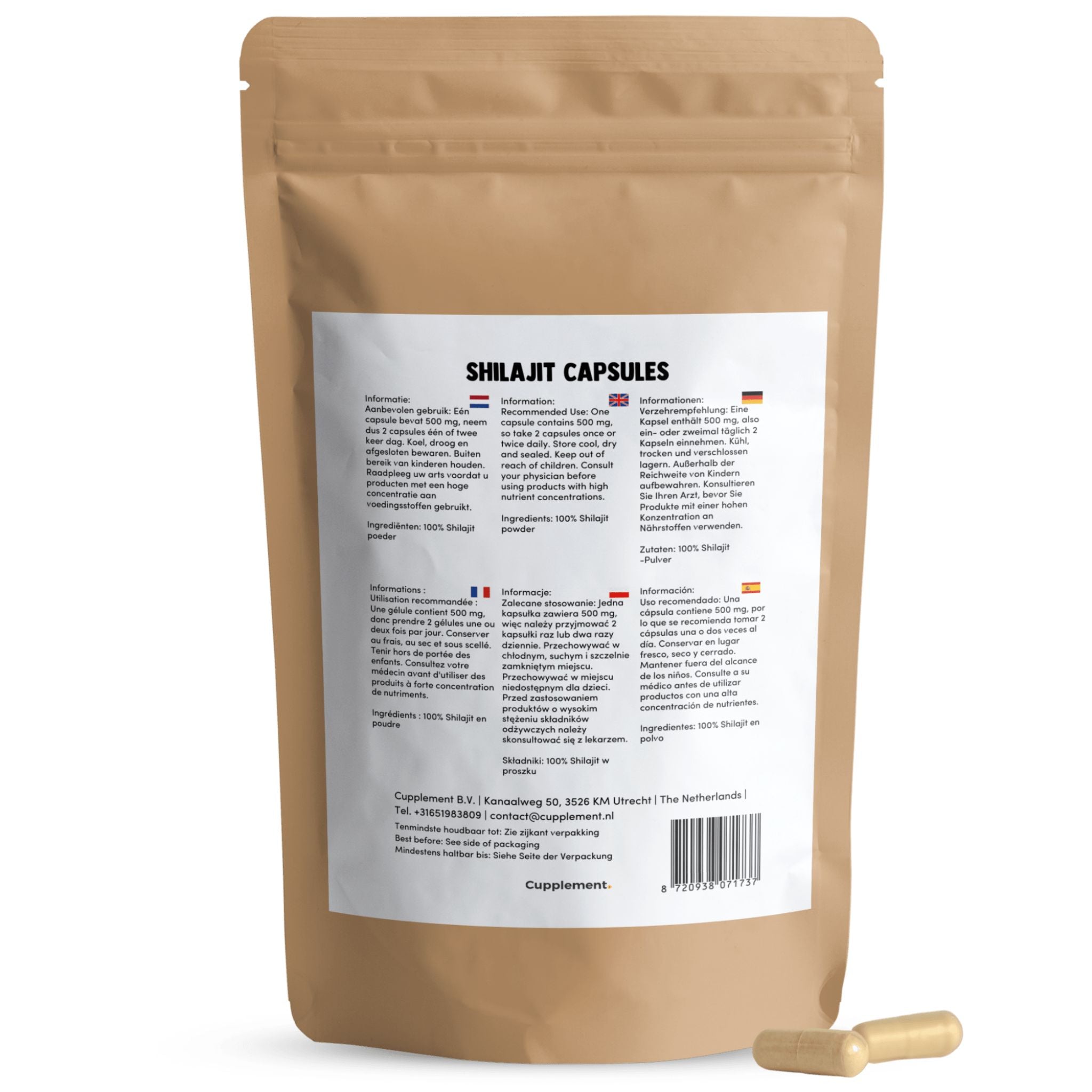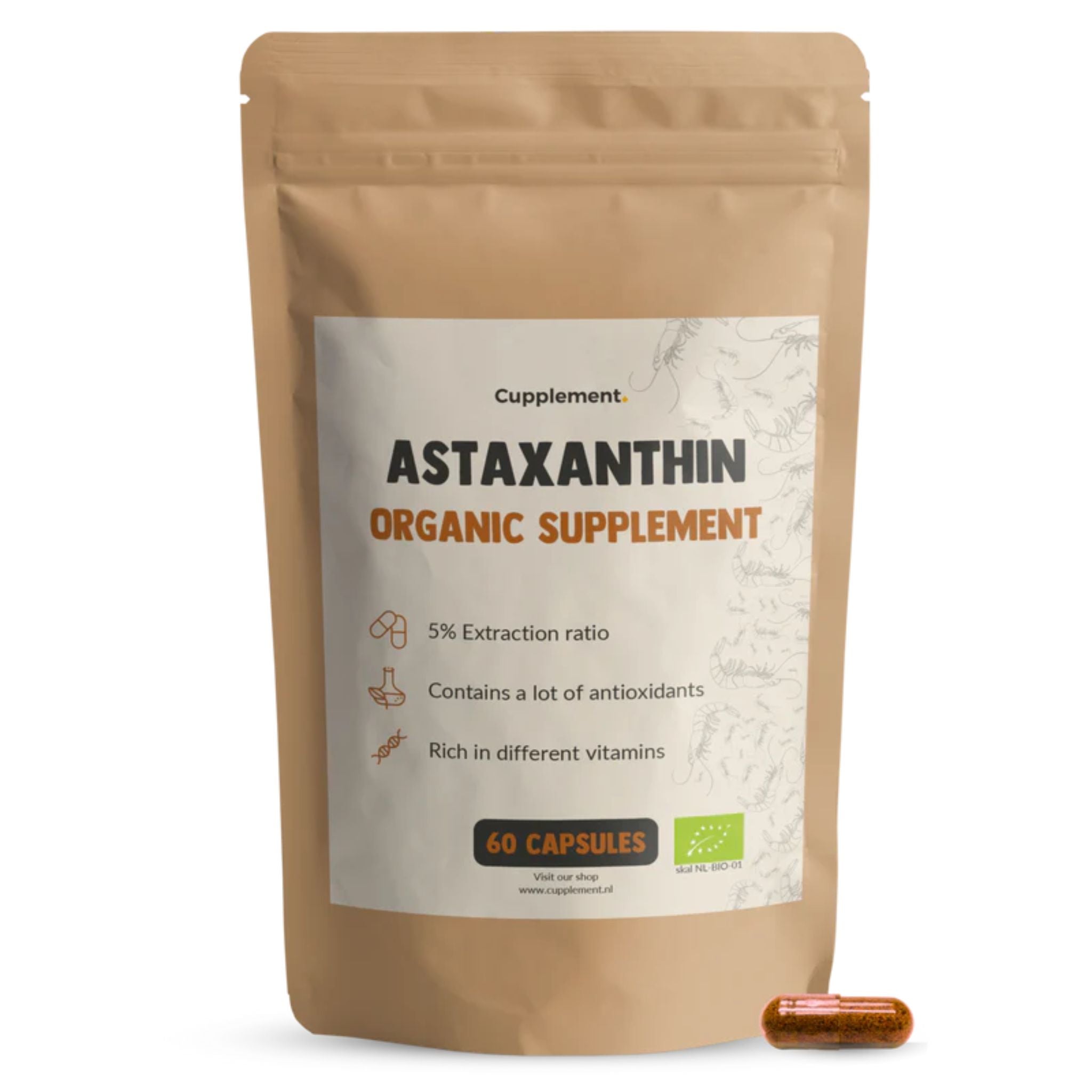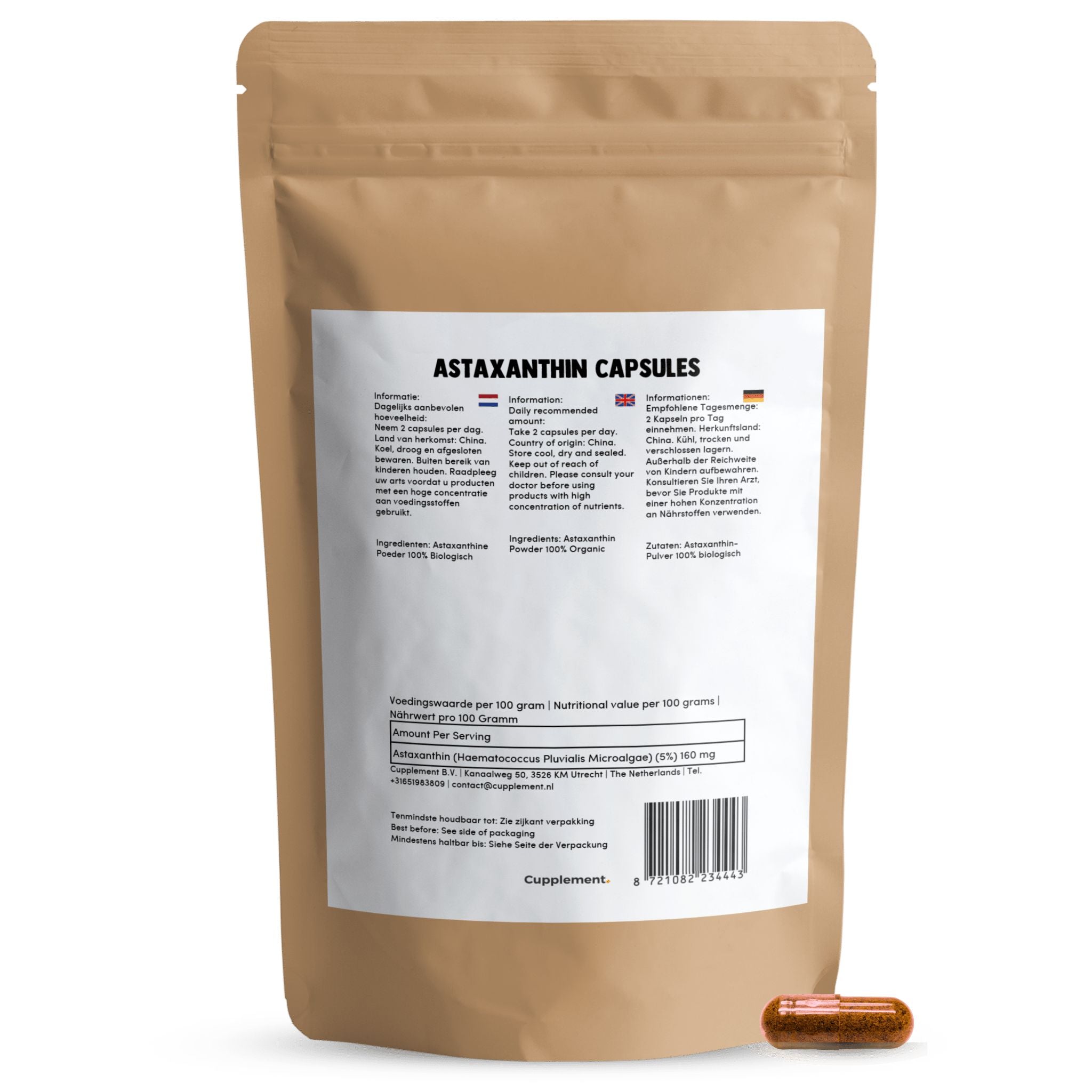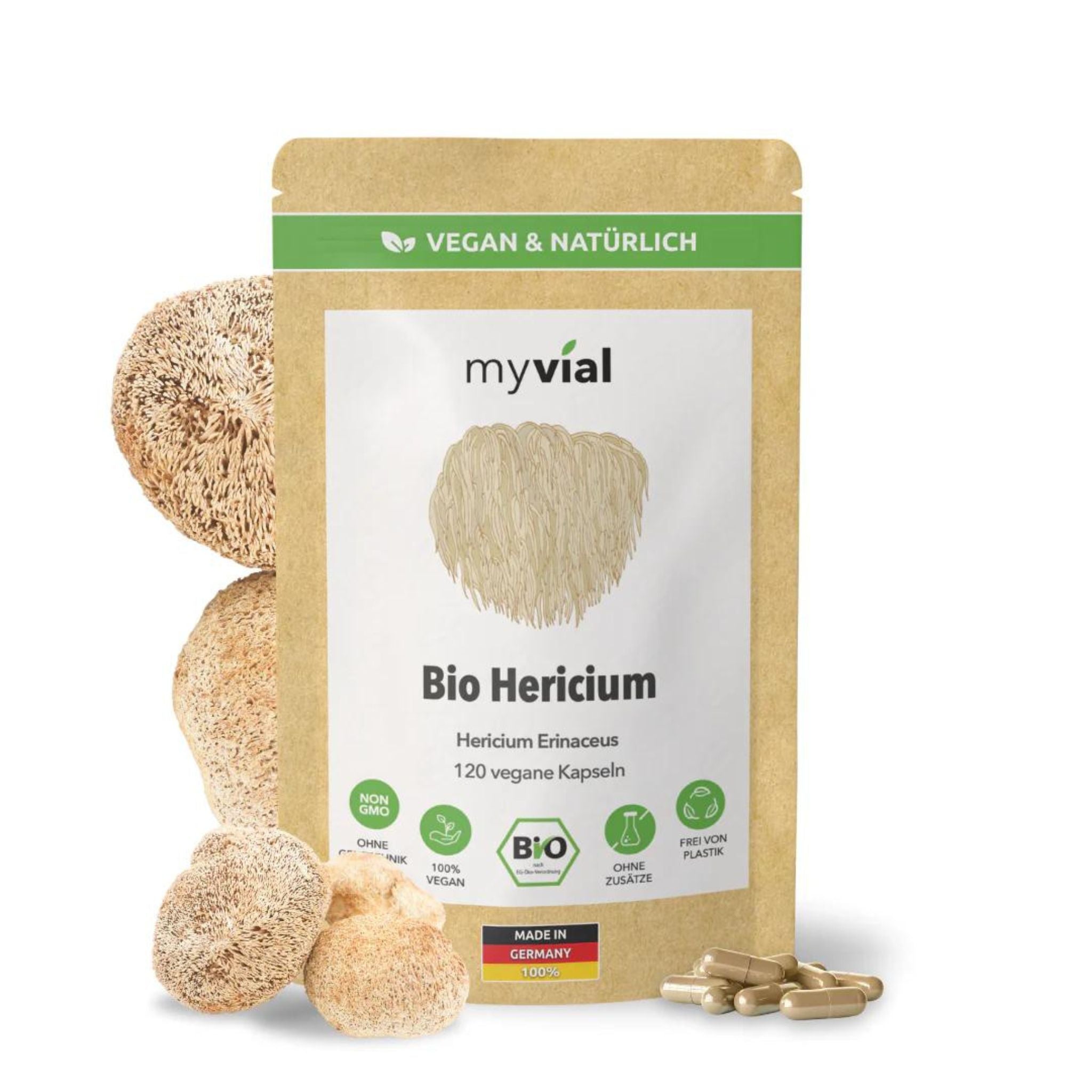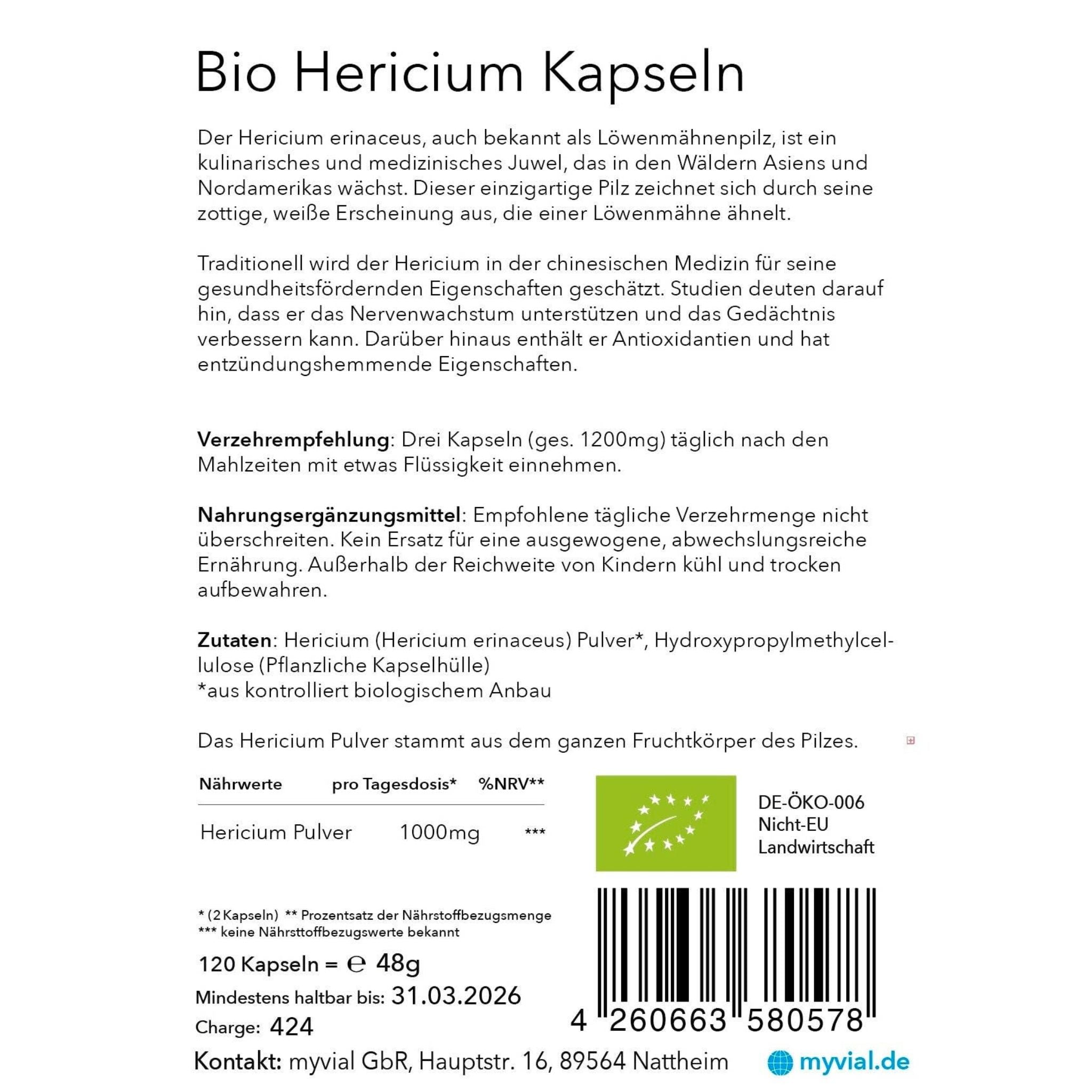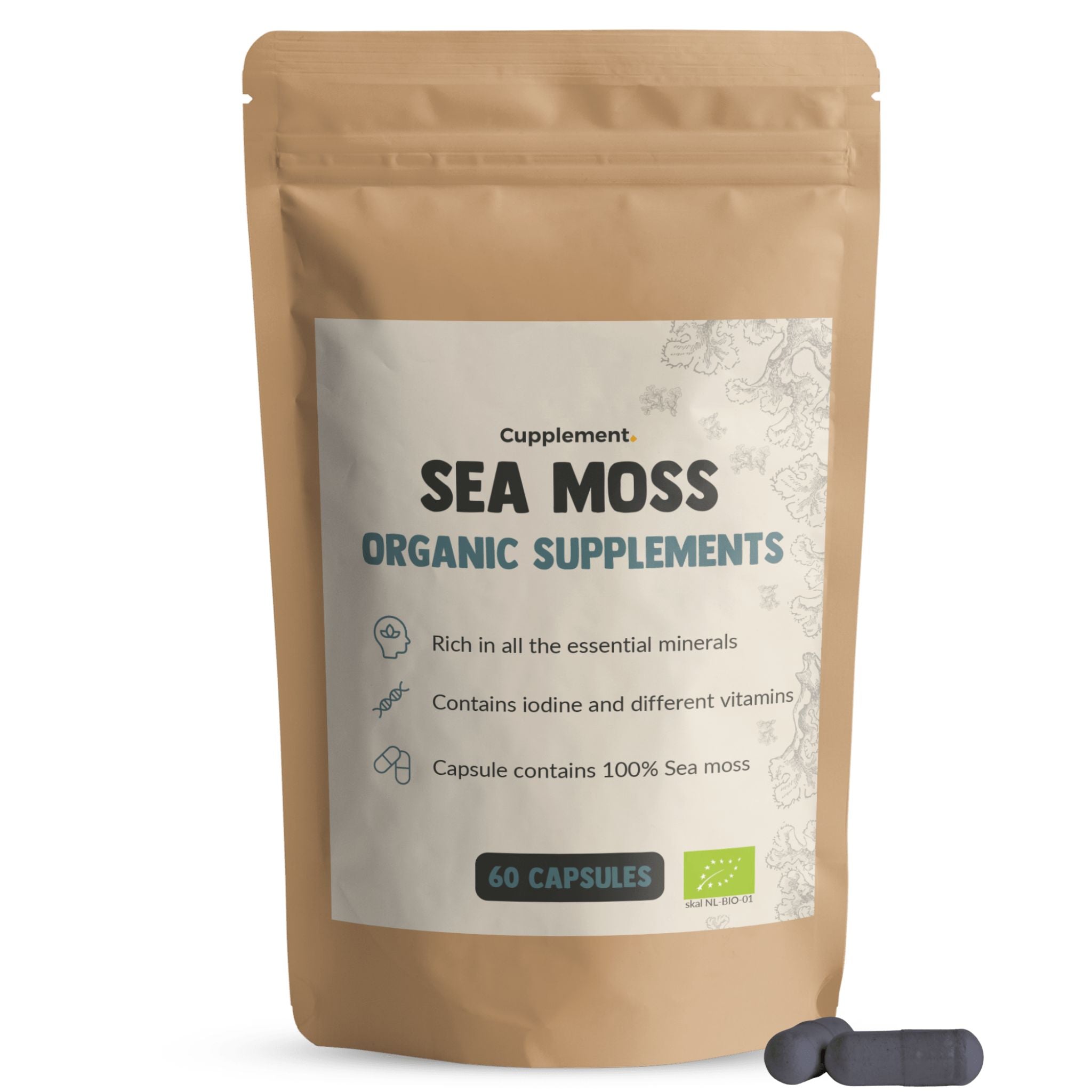Acerola: The Vitamin C Powerhouse for Immune and Skin Health
Acerola, also known as the Barbados cherry, is one of nature’s richest sources of vitamin C. Known for its bright red color and tangy taste, this small fruit packs a big nutritional punch, offering far more vitamin C than oranges or other citrus fruits. In this article, we’ll explore the benefits of Acerola, its nutritional profile, and how incorporating this powerful berry into your diet can support your immune system, skin health, and overall wellness.
What is Acerola?
Acerola (Malpighia emarginata) is a tropical fruit native to the Caribbean, Central America, and South America. While it resembles a cherry, it has a unique, tart flavor and is renowned for its exceptional vitamin C content. Just one small Acerola cherry can contain as much as 80 mg of vitamin C, which is more than the amount found in a whole orange.
Acerola also contains a range of other nutrients, including vitamins A and B, as well as magnesium, potassium, and antioxidant compounds like polyphenols. These nutrients make Acerola not only a potent immune booster but also a valuable addition to any wellness routine.
Health Benefits of Acerola
1. Immune System Support
Vitamin C is well-known for its role in supporting immune function, and Acerola’s high vitamin C content makes it an ideal choice for anyone looking to boost their immune defenses. Vitamin C supports the production of white blood cells, which play a crucial role in defending the body against infections. Acerola’s antioxidants also help reduce oxidative stress, which can weaken the immune system over time.
2. Skin Health and Collagen Production
Acerola’s high vitamin C content also benefits the skin. Vitamin C is essential for the production of collagen, a protein that keeps skin firm, elastic, and youthful. Regular consumption of Acerola can help improve skin texture, reduce the appearance of wrinkles, and promote a natural glow. Additionally, Acerola’s antioxidant properties protect skin cells from damage caused by environmental factors like UV rays and pollution.
3. Antioxidant Powerhouse
In addition to vitamin C, Acerola contains other powerful antioxidants, including carotenoids and polyphenols. These compounds help neutralize free radicals, protecting cells from damage and reducing inflammation in the body. A diet rich in antioxidants is associated with a lower risk of chronic diseases, including heart disease and certain types of cancer.
4. Eye Health
Acerola is also a good source of vitamin A, which is essential for eye health. Vitamin A helps protect the cornea and is involved in maintaining good vision. Additionally, antioxidants in Acerola may help reduce the risk of age-related macular degeneration and other vision-related issues.
5. Better Mood and Energy
Vitamin C plays a role in the production of neurotransmitters like serotonin, which regulate mood and energy levels. By supporting healthy vitamin C levels, Acerola can contribute to better mood, increased energy, and reduced feelings of fatigue. This makes it a great choice for anyone looking to improve their daily energy and mental clarity.
How to Incorporate Acerola into Your Diet
Fresh Acerola cherries are often hard to find outside tropical regions, but Acerola is available in several convenient forms, including powders, capsules, and juices. Here are some popular ways to add Acerola to your daily routine:
- Acerola Powder: Add a teaspoon of Acerola powder to smoothies, yogurt, or water for an instant vitamin C boost.
- Acerola Juice: Look for 100% pure Acerola juice for a refreshing drink packed with antioxidants.
- Supplements: Acerola capsules or tablets provide a quick, convenient way to ensure you’re getting enough vitamin C.
Acerola has a tangy taste that pairs well with other fruits in smoothies or juices. Whether in powder or supplement form, it’s an easy way to enhance your diet with natural vitamin C.
Potential Side Effects and Precautions
While Acerola is safe for most people, it’s best to consume it in moderation. Extremely high doses of vitamin C can cause digestive discomfort, including stomach cramps and diarrhea. Additionally, individuals with a history of kidney stones should consult a healthcare provider before taking Acerola, as high vitamin C intake can increase the risk of kidney stone formation.
Acerola vs. Synthetic Vitamin C
Many people wonder if Acerola’s natural vitamin C is superior to synthetic vitamin C supplements. While both forms provide vitamin C, Acerola offers additional nutrients and antioxidants that can enhance absorption and provide further health benefits. This whole-food source of vitamin C may also be gentler on the stomach compared to synthetic forms.
Conclusion: Is Acerola Right for You?
Acerola is a powerful natural source of vitamin C, making it an excellent choice for boosting immunity, enhancing skin health, and supporting overall wellness. Whether you’re looking to strengthen your immune system, maintain youthful skin, or simply add more antioxidants to your diet, Acerola is a versatile and nutrient-dense option.
Ready to experience the benefits of Acerola? Check out our range of Acerola supplements to add this potent vitamin C source to your daily routine.

